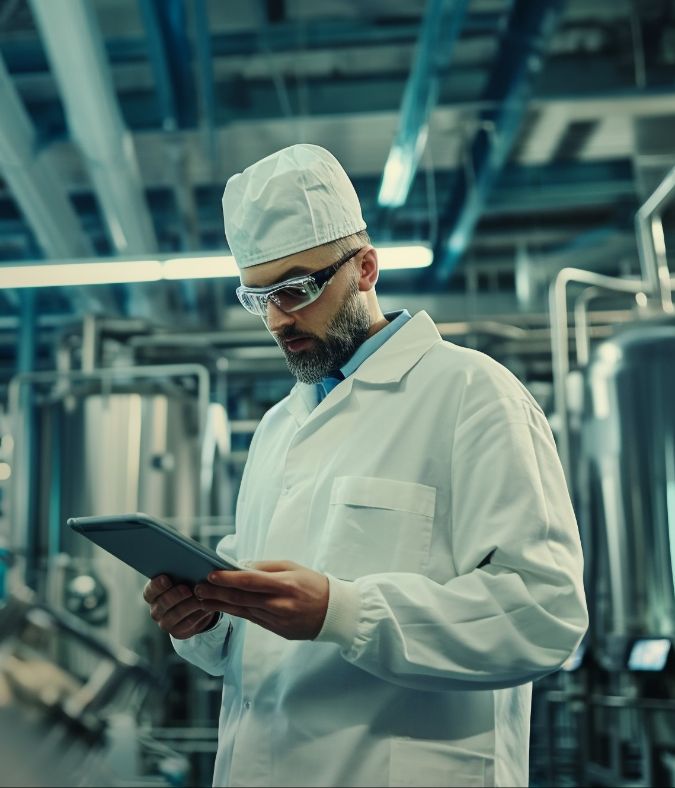In a recent development that underscores the importance of regulatory compliance, a leading generic pharmaceutical manufacturer was fined $1.5 million for distributing adulterated drugs. In addition to this, they are also settling for civil liabilities under the False Claims Act, amounting to $2 million. This incident clearly demonstrates why pharmaceutical and food companies must adhere strictly to safety standards and government regulations. The implications are significant, and the fallout from non-compliance can be severe — reputational damage always adds sting beyond the monetary penalties.
However, in the pharmaceutical and food industries, compliance is not merely a regulatory obligation — it’s a commitment to safety, quality, and consumer trust. From the perspective of industry stakeholders, including manufacturers, regulators, and consumers, compliance is critical to business operations. It impacts product quality, public health, and brand reputation. That’s why these industries devote so much time to compliance. A Pharma IQ survey reveals that nearly 50% of participating pharma professionals spend more than 40% of their time dealing with regulatory issues.
Given the strict and ever-growing regulation of the pharmaceutical industry, compliance is not only here to stay. Still, it will likely be refined and reinforced in the coming years, requiring heavier budgets and more sophisticated structures. The same holds for the food industry, where ensuring quality and compliance is essential to safeguarding consumer health. By leveraging integrated data platforms, AI-assisted record verification, and other AI-driven preventive measures, pharma and food companies can achieve a single source of truth across the entire supply chain, from manufacturing to end use. While there are numerous benefits to this level of visibility, the most important is simply preventing substandard products from reaching the market.




